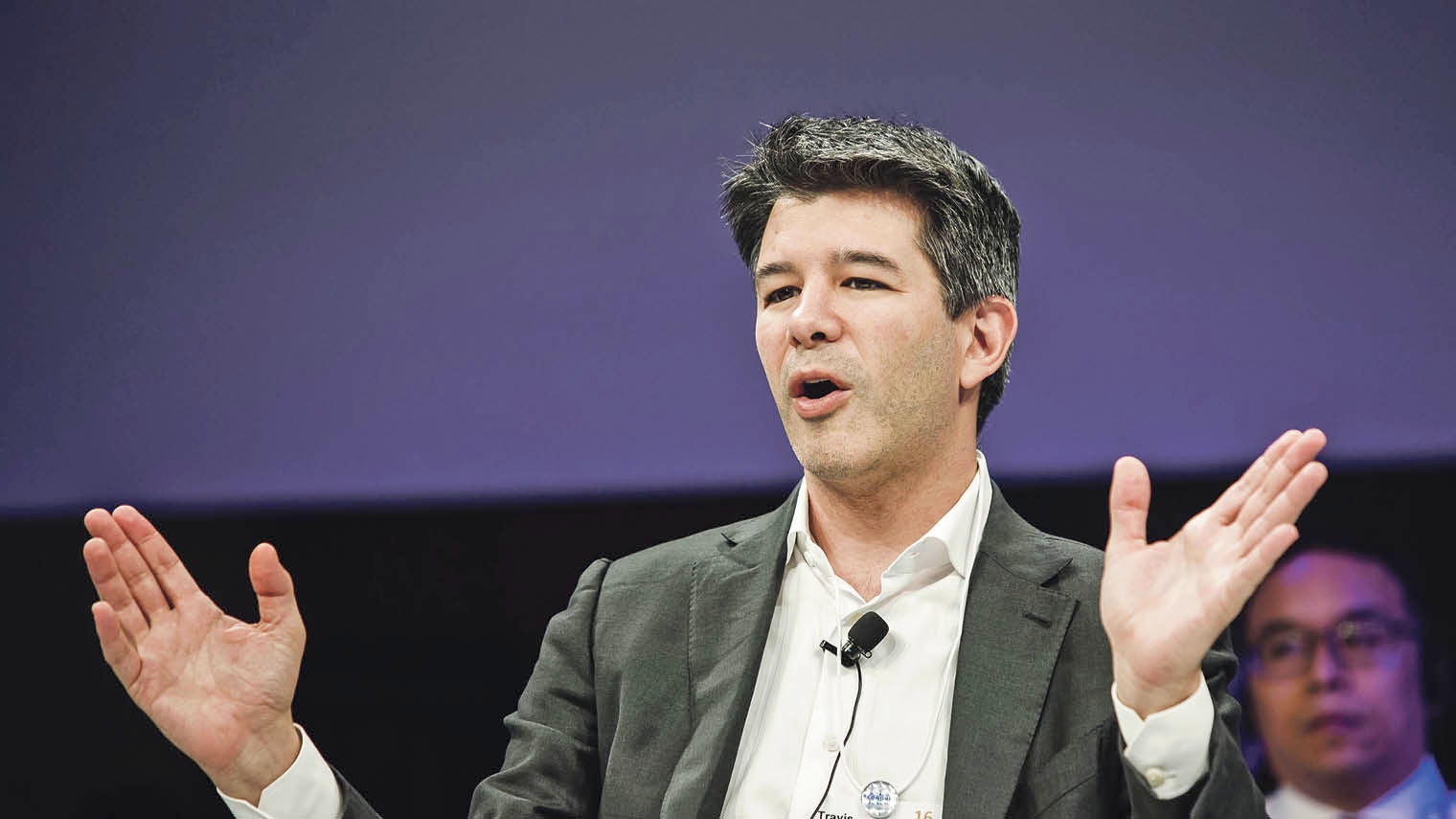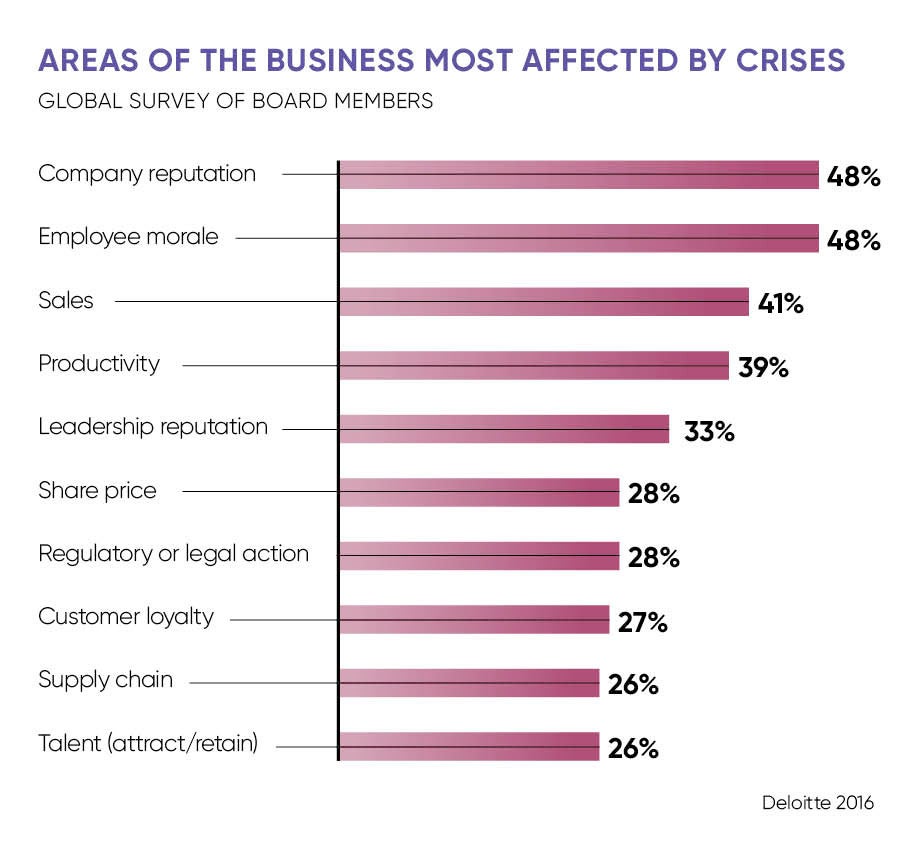When the board of under-fire Uber parachuted in Dara Khosrowshahi this August, following disgraced founder Travis Kalanick’s gruesome end, few envied the new chief executive’s mission.
With the ride-hailing giant battling multiple crises – accusations of stealing technology, sexual misconduct, bullying and the potential withdrawal of licences in key markets, on top of a cluster of executive-level departures – the Iranian-American faced a colossal uphill struggle to repair the brand’s reputation.
One early move that earned worldwide respect was an admission of culpability. In late-September, Transport for London revoked Uber’s licence to operate, declaring the organisation was not “fit and proper”. Mindful that the company has 40,000 drivers and 3.5 million customers in the capital city, making it the largest base of its operations in Europe, Mr Khosrowshahi was required to be pitch-perfect with his response. “On behalf of everyone at Uber globally, I apologise for the mistakes we have made,” he offered.

Ousted Uber CEO Travis Kalanick
Such humility represented a seismic step-change in message when compared to the brazen and bullish braggadocio of the 48-year-old’s predecessor. Further, in early-November, Mr Khosrowshahi presented a revised set of core values to Uber staff in a bid to lance the festering culture that had developed in Mr Kalanick’s reign.
The new eight “cultural norms”, distilled from 1,200 ideas that had been submitted from employees and voted on 22,000 times, included “we build globally, we live locally”, and “we celebrate differences”. Most pertinent was “we do the right thing – period”.
Then, last week, news broke that Uber had concealed a massive global breach of personal information of 57 million customers and drivers in October 2016, failing to notify individuals and regulators. The company had paid the hackers $100,000 to delete the data and keep the breach quiet.
Mr Khosrowshah responded: “None of this should have happened and I will not make excuses for it. While I can’t erase the past, I can commit on behalf of every Uber employee that we will learn from our mistakes.”
While Uber’s toxicity tag has not been snipped off quite yet, public relations professionals and fellow C-suit executives alike have roundly praised Mr Khosrowshahi’s adroitness during his opening few months in charge. But how exactly should business leaders wrest control at a troubled organisation?
As Google’s first employee outside the United States, Kate Burns knows a fair bit about growing large companies and crisis management. She worked for the search engine giant from 2001 until 2008, first as UK managing director, and then as regional director in the UK, Ireland and Benelux.
However, it was her subsequent three-year stint as CEO of AOL Europe when she learnt the most. “The European arm had a very different brand identity to the US and over here it had a diminished reputation,” Ms Burns, now with top startup investment and incubator firm Hambro Perks, recalls.
“As the European operation was unprofitable and did not feel connected to the American headquarters, I had to decide whether to shut down or reset the strategy, and make AOL relevant to consumers and brands in this continent. We closed multiple offices and drastically resized the team before turning a grossly unprofitably region into a significant contributor to the organisation’s global bottom line.”
When asked what wisdom she would hand to CEOs looking to steer their company out of trouble, she says: “Hiring external consultants specialised in resizing is an essential step during this process, as they can offer objective and non-emotional advice. That clarity can help you make difficult decisions. It is imperative that the leadership team gains a clear evaluation of what is working, what is profitable and what is not. Also, stop being inward facing. Instead look ahead and be prepared to reinvent yourselves.”

Ian Hood, CEO and co-founder of PR agency Babel, suggests: “Crises should be carefully examined, in the same way an oncologist considers a suspicious lump. To avoid panic, you will almost certainly need to express your understanding of the impact, give some form of preliminary view based on an initial examination and, if possible, provide some immediate relief from the symptoms.”
Extending the metaphor, Mr Hood continues: “At the same time, you should be ordering the biopsy; you need to find out quickly if the lump is benign or malignant. If it is malignant, discern how far it has spread. It’s only with all the information to hand that you can make decisions on what action needs to be taken, always remembering that the wrong actions can be terminal.”
For Shimon Cohen, founder and chairman of The PR Office, crises must be “dealt with head on”. “Obfuscation is not helpful and can undermine your long-term cause,” he says. “Although it is vitally important for a CEO to come across as fully rounded and in control, it is key to remember that mistakes happen. And therefore they should not dwell on what has past, but instead focus on the future and what they will be doing to resolve the situation.”
Refusing to acknowledge that you have problems is the biggest mistake a new CEO can make
David Alexander, founder and managing director of PR consultancy Calacus, agrees. “The fundamental tenet is authenticity, particularly in this world of smartphones and 24/7 news. Saying one thing and doing another, while refusing to acknowledge that you have problems is the biggest mistake a new CEO can make,” he says.
Mr Alexander points to the achievements of Arnold W. Donald, CEO of Carnival Cruises since July 2013, a year after one of its vessels sank, killing 32 passengers and crew. “He is a great example of a CEO who came in and steadied the ship – pun intended,” he says. “He immediately undertook a review of the company’s operations and, as well as addressing its shortcomings, focused on growth and innovation which has seen share values rise.”
Time will tell whether Mr Khosrowshahi can build on his impressive start at Uber. “Dara knows he needs to change the culture and leadership,” Ms Burns concludes. “Going back to the company’s roots and having the ethics of a startup – putting greater emphasis on customer experience and product, rather than stock-market price which can breed sloppiness – is essential. After all, it is customers who build the strength of your brand.”


